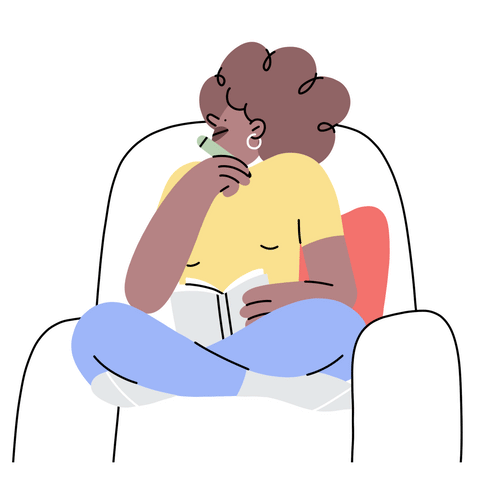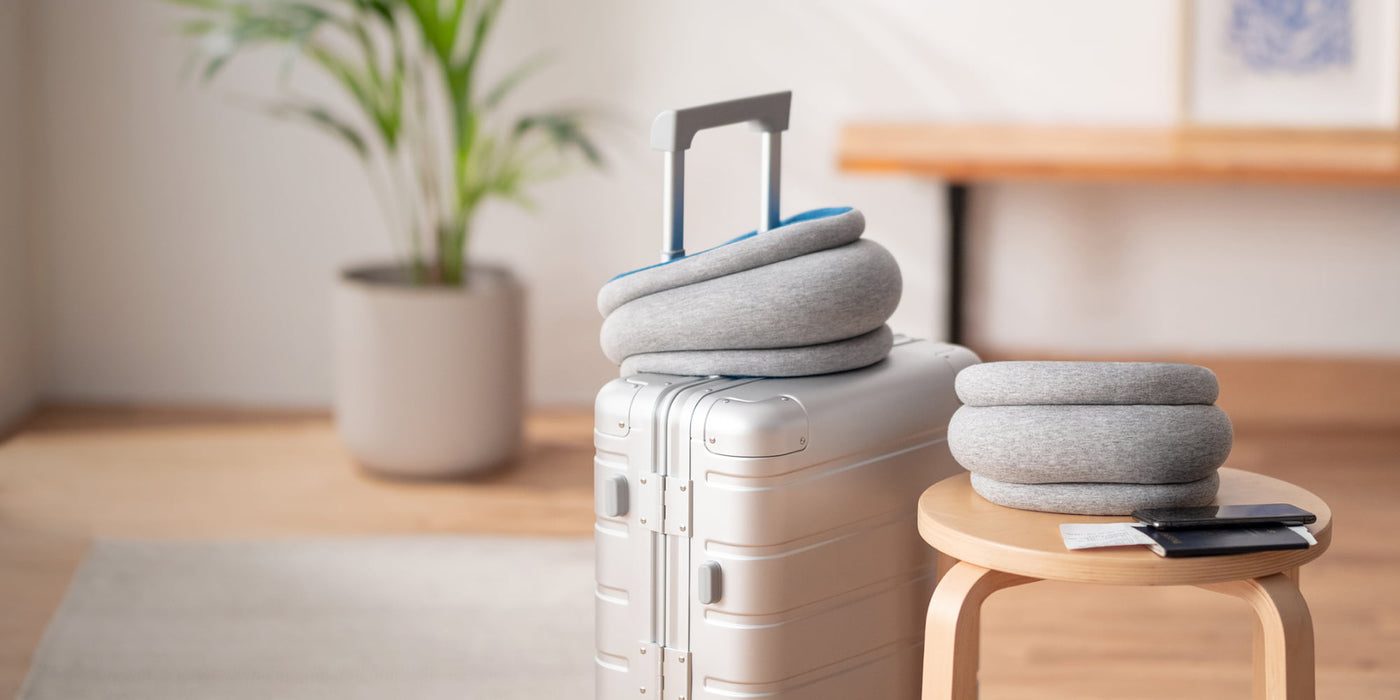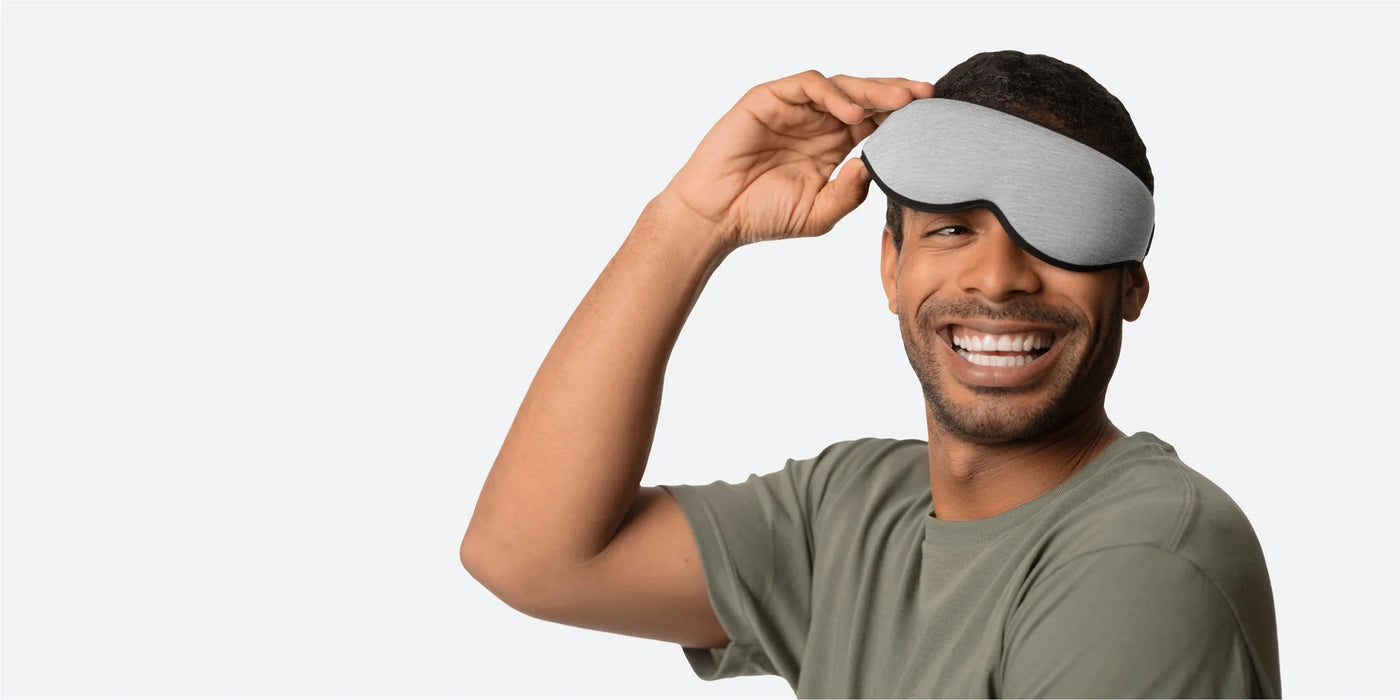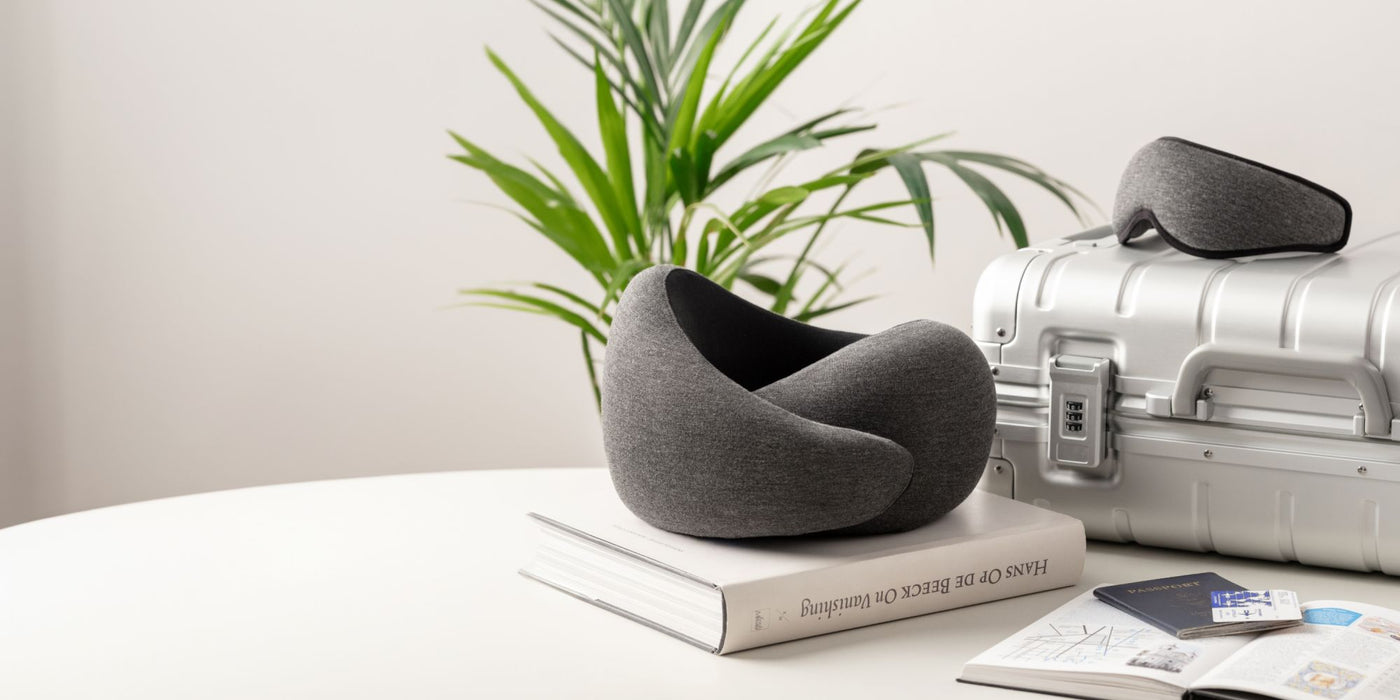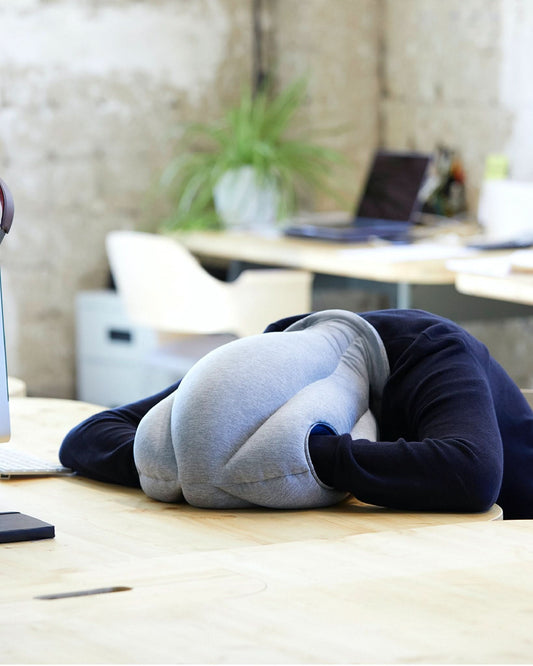
It’s well-known that humans are social creatures. As advanced mammals, we live in groups, form close family bonds, and thrive when we are able to interact and connect with other human beings. When deprived of opportunities to frequently engage with others in positive ways, humans suffer declines in mental and emotional health — and may even see negative physical effects. As positive social interactions decline, people could see a rise in blood pressure and cortisol levels. So what exactly is the connection between social relationships and mental health? Let’s take a look at the ways healthy social and emotional relationships can benefit our overall health and wellness.
Social connections and wellbeing
When people are denied social interaction, their physical and mental health suffers. That’s why establishing healthy, ongoing social relationships — with friends, family members, neighbors, and colleagues at work — is a key part of emotional Self-Care. Though personalities and preferences vary greatly, in general, people are genetically wired to want to be around others. We need to bounce ideas off of each other, share experiences, and feel love and affection. Forming and maintaining healthy personal relationships can help stave off anxiety and depression, studies have shown.
We also need to feel a physical proximity to other people, as well as experience touch, like hugging, in order to maintain a good emotional balance. Even when we can’t consistently be with other people physically — which has been the case for most people during the Covid-19 pandemic — it is still important to use the technology available to us to seek out and maintain relationships as much as possible. In the age of social distancing, it’s possible to find ways to connect with others safely. Try joining an outdoor exercise group, or organize activities with friends that take place out in the open air where everyone can maintain their own space.

Emotional Self-Care in practice
As part of your Self-Care routine, it’s important to take care of your physical self. This includes things like hot baths, walks through the park, and nourishing your body with good food. But emotional Self-Care should also be a big part of your overall practice. To satisfy your emotional needs and nourish your spirit, you might engage in the following practices to help improve the interpersonal relationships in your life as well as expand your circle of friends and acquaintances.
- Take time to figure out a few interests you’d like to pursue, and seek out others who share the same passion. Finding friends to whom you can relate and bond with over a common interest is a great way to maintain a healthy emotional balance. Friends are an important part of our social development, and a necessity for good emotional and mental wellbeing throughout life.
- Learn how to listen. One key way to have a friend is to be one — and developing good listening skills is a good way to earn people’s trust and deepen connections. When you hone this skill, you heighten your ability to understand and relate to others, which is an important factor when developing lasting relationships.
- Know your limits. One oft-overlooked aspect of building and sustaining healthy relationships is understanding your own boundaries. Many people begin to feel “burned out” after social interactions, and it’s important to recognize the signs of this in order to care for your emotional wellbeing. This could look like heading home early from a gathering, taking a time-out in another room to collect your thoughts and meditate for a moment, or turning off your phone for a few hours to allow yourself time to relax and recharge before further interactions.

Everyone’s methods or practicing Self-Care look different — after all, we are all unique! No matter what you do to take care of yourself emotionally, make sure you take time to look for signs that you might be feeling lonely, isolated, or depressed, and think about reaching out to a friend for an emotional boost. If you’re really feeling down and feel like you might need professional help, don’t hesitate to call your doctor or a local clinic hotline to be connected to a mental health professional. No matter where you are in life, many people struggle with feelings of loneliness, and there are resources available to address these issues.
Ostrichpillow.
Self-Care Matters.
Want to feel good?
At Ostrichpillow we're all about Self-Care and wellbeing. Join our community and you'll receive special offers and inspiration fresh to your inbox.
Photo by Priscilla du Preez on Unsplash
Photo by Anna Shvets on Pexels
Photo by Roberto Nickson on Pexels
